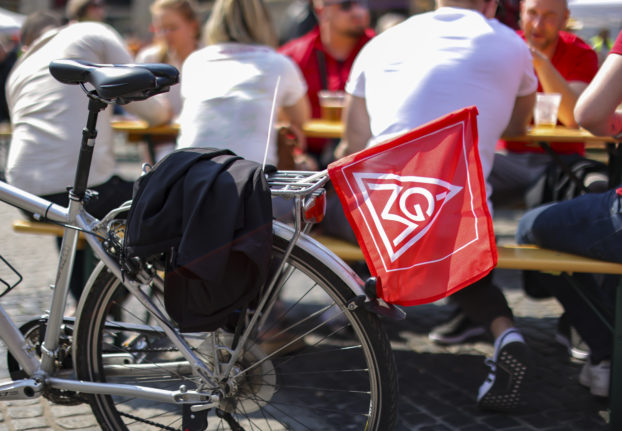The economic development ministry in Rome said in a statement that it was taking the reports of planned layoffs seriously, and had asked Whirlpool "to confirm its commitment to not undertake unilateral layoffs" as part its agreement to take over Indesit and its workforce of 5,150 people last year.
The ministry expressed "strong displeasure" at the prospect of potentially heavy job losses at Whirlpool plants, "some of which are located in regions of the country already victimised by de-industrialization."
The announcement came after Italian news agencies quoted union officials who had met with government officials over what they claimed was a plan by Whirlpool to boost investment even while slashing staffing.
"Despite a €500 million ($536 million) investment plan over four years and an increased production outlook for Italy, Whirlpool indicated it wants to eliminate 1,350 jobs, including 1,200 in factories and 150 in research centres," said Gianluca Ficco, an official with the Uilm union.
"We expressed our total disagreement, and asked Whirlpool to respect the accords concluded – including the one between Indesit and the (development) ministry signed a little more than a year ago, which stipulates… that no employees can be laid off.
"We count on the government to assist us and make certain this agreement it was part to is respected."
In its statement opposing the purported job reductions, the ministry said it remained ready to negotiate with Whirlpool on ways to preserve as many jobs as possible.
Italy's unemployment rate stands at 12.7 percent, rising to 42.6 percent among young people.



 Please whitelist us to continue reading.
Please whitelist us to continue reading.
Member comments